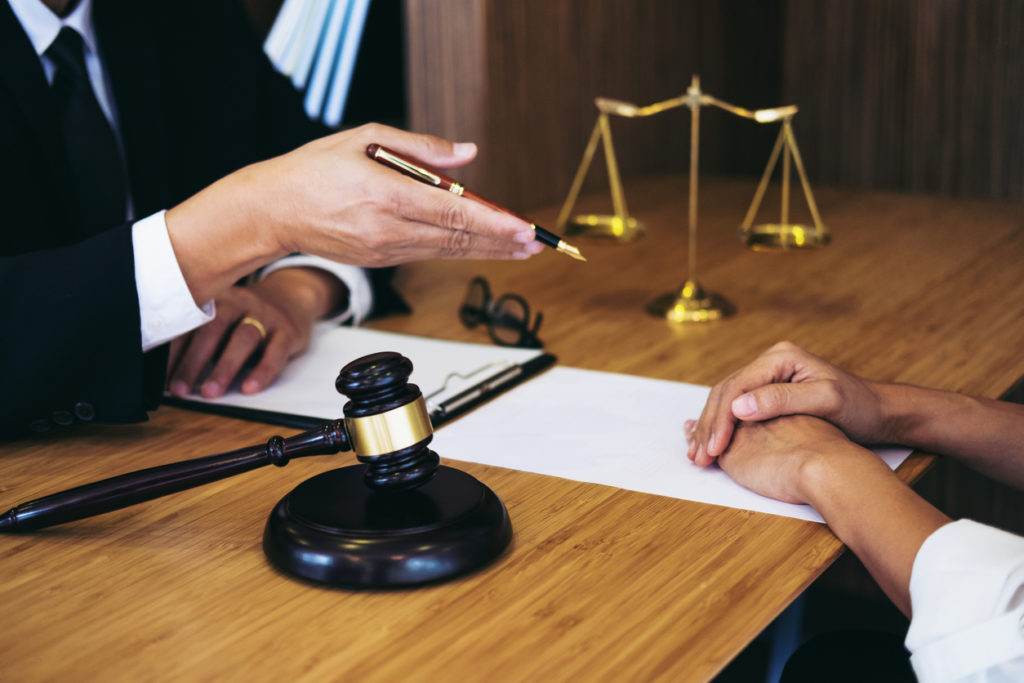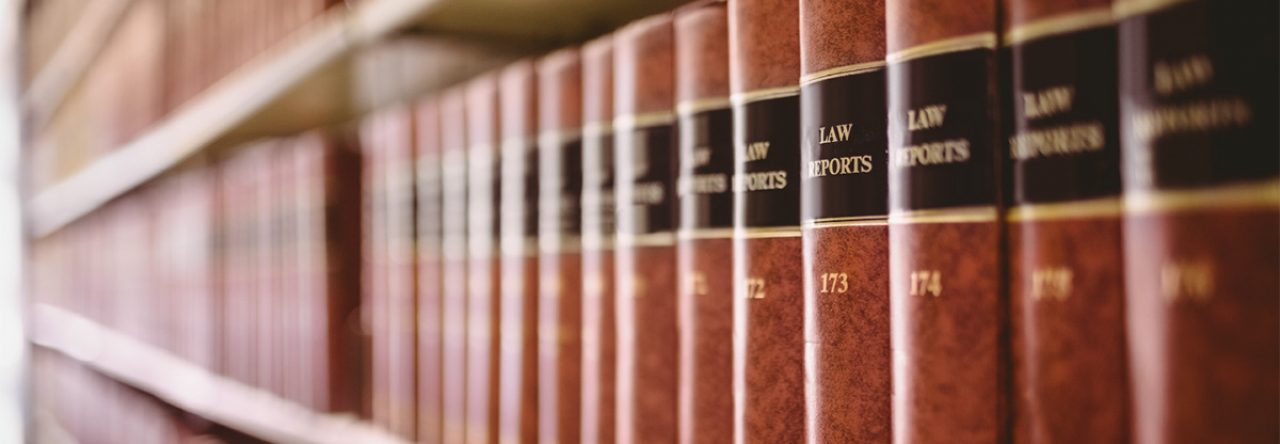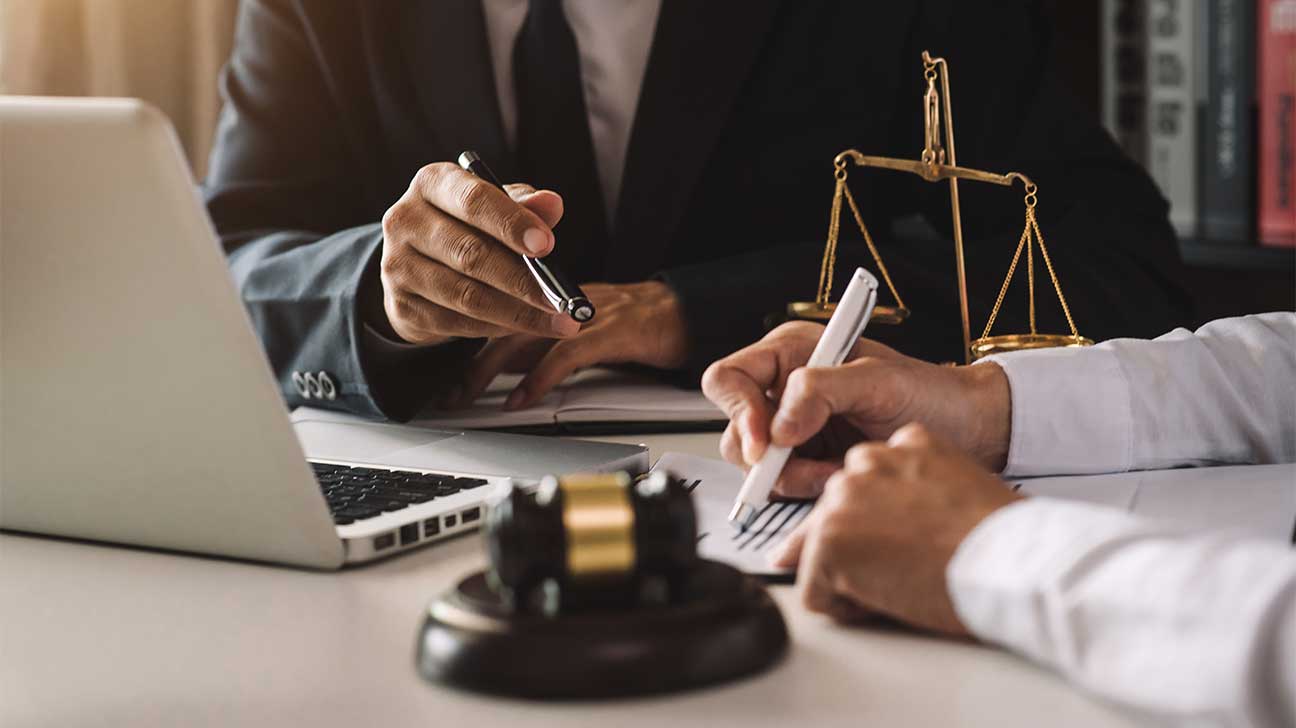
Personal injury lawyers are civil litigators who represent clients, often referred to as plaintiffs, who are alleging physical or psychological injury as a result of negligence or careless acts by another person, company, organization or government entity.
Personal injury law is a broad term that encompasses a number of different situations where a victim has endured physical or psychological damage. The types of cases that personal injury lawyers typically handle fall within the area of tort law that include slip and fall accidents, motor vehicle accidents, flawed products, and other recreational accidents or accidents that result in serious personal injuries.
The role of a personal injury lawyer is to act on behalf of their injured client to negotiate fair compensation for damages sustained during an incident.
Lawyers who practice personal injury law help their clients obtain compensation for losses incurred, such as loss of income, loss of capacity to earn, inability to perform activities of daily living, pain and suffering, loss of companionship, emotional distress and legal costs.
Individuals that seek advice or representation from a lawyer should be aware that the lawyer is bound by strict standards of professional and ethical responsibility. In Alberta, lawyers are governed by the Law Society of Alberta and the Code of Conduct sets out the lawyer’s obligations to their clients, courts, counsel and to the public.
FIDUCIARY DUTY TO THE CLIENT
Lawyers are under a ‘fiduciary duty’ to their clients. Lawyers owe a duty of good faith and must act honourably. It is a lawyer’s predominant duty to perform legal services on behalf of his/her client to the standard of a competent lawyer. A client is entitled to expect that his/her lawyer has the ability and the capacity to deal with legal matters.
Lawyers have a fiduciary obligation to their clients and must act honestly and be candid at all times. Lawyers must also act in good faith to advance their client’s best interests. A lawyer is obligated to take all actions and give advice that will benefit their client and must use professional skill to protect their client’s best interests.
SOLICITOR-CLIENT PRIVILEGE
One of the most important principles of the lawyer-client relationship is the right to have your private communications with your lawyer protected by solicitor-client privilege. Your lawyer can’t reveal any information that you disclose in confidence, unless you give your express permission. However, this privilege does not apply to communications for the purpose of committing a crime or an act of fraud.
The duty of confidentiality allows clients to participate in honest and frank communication with their lawyers. This, in turn, allows lawyers to provide their clients with the most effective representation, equipped with all of the relevant facts.
In order to claim solicitor-client privilege, three pre-conditions must be met. The communication must be:
- Between the lawyer and the client;
- For the sole purpose of seeking or giving legal advice; and
- Intended to be confidential by the parties.
CONFLICTS OF INTEREST
Lawyers also have a duty not to act or continue to act for a client where a conflict of interest exists. A conflict of interest may occur where there is a risk that a lawyer’s representation of a client will be adversely affected by the lawyer’s own interest or his/her duty to another client or third parties.
For example, a conflict of interest may arise where a lawyer is asked to represent a client in a matter where the lawyer has a personal stake in the outcome. Another example is where a lawyer is asked to act for a client in a case against a former client. In these situations, the duty to avoid conflicts of interest requires that the lawyer refuse to act in these circumstances.
YOUR ROLE AS A CLIENT

In general, there are a variety of ways that you as a client can establish the most effective relationship with your lawyer. These include the following:
- Be truthful with your lawyer;
- Preserve all evidence including photographs and videos;
- Be cooperative and respond to requests for information by your legal team in a timely manner;
- Always keep your lawyer informed of any changes in your medical condition or if new evidence becomes available as time progresses;
- Attend meetings and legal proceedings, such as discoveries or mediation, advised by your lawyer and be punctual, and if you cannot attend a meeting let your lawyer know as soon as possible; and
- Be considerate and polite with your lawyer and the entire legal team.
Hiring a lawyer is one of the most important decisions you make following your accident and the quality of legal representation you receive can have a major impact on your recovery. When you hire Cuming & Gillespie Lawyers, you are hiring award-winning lawyers with over 20 years of experience. You can rest assured that your case is in the best hands.
If you or a loved one have suffered serious personal injuries as a result of the negligence or carelessness of a third party, it is important to have an experienced personal injury lawyer by your side. The professionals at our service are very familiar with how personal injuries can negatively impact one’s life and we want to help you during this difficult time by advocating on your behalf. Call our office for a free initial consultation online or at 403-571-0555 to determine how we can help you with your personal injury claim.


